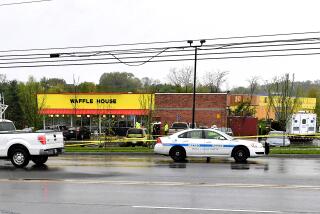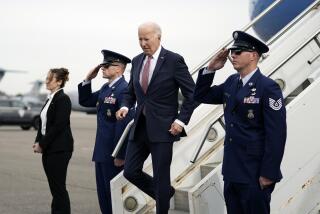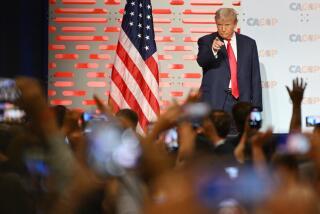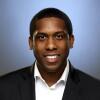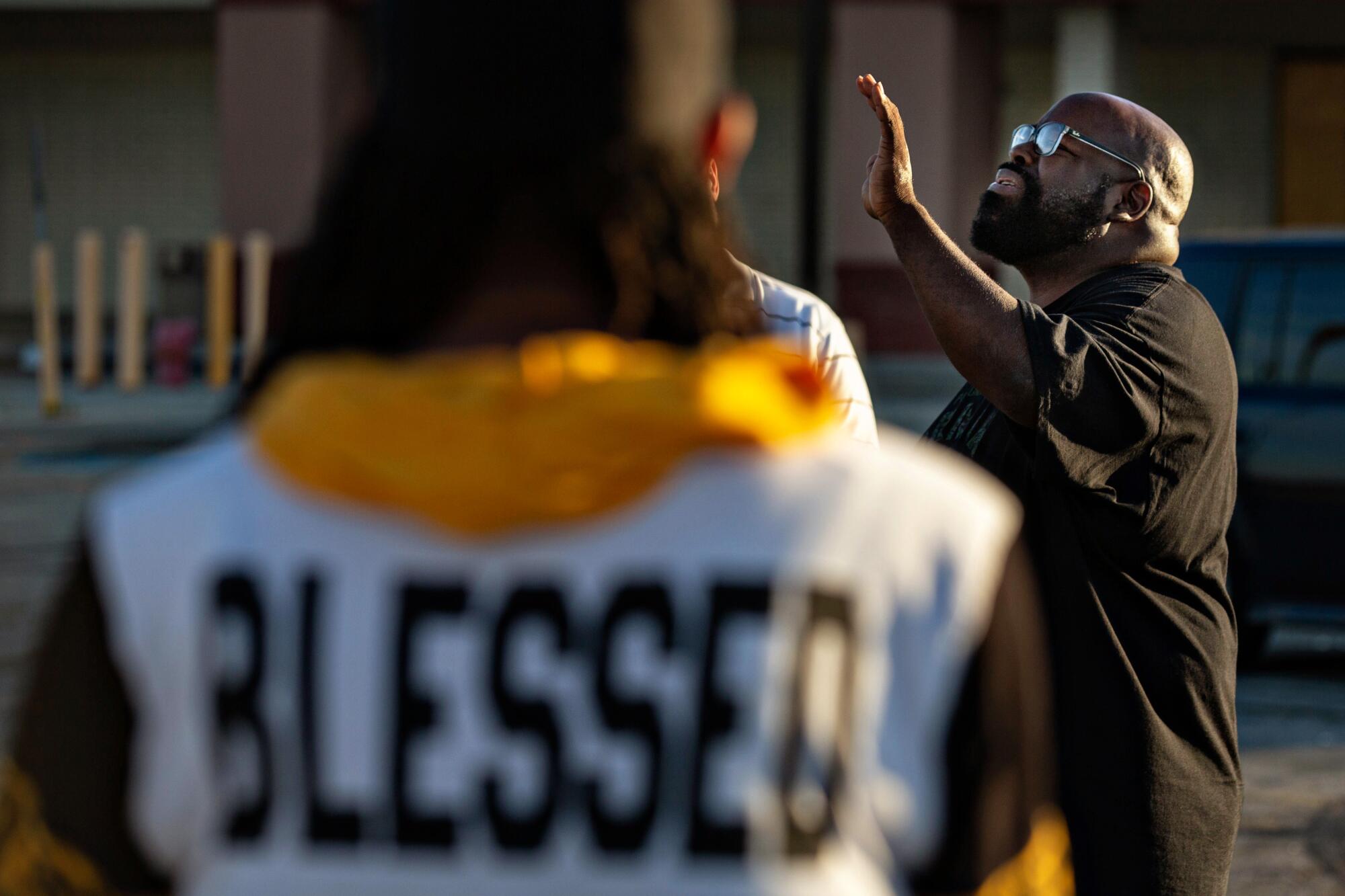
Donovan Price bowed his head and prayed in the parking lot of the University of Chicago Medical Center.
“Please give her strength,” he whispered.
Inside the emergency room, doctors scrambled to save the life of a 10-month-old girl with a bullet lodged in her shoulder — a baby who while strapped into a car seat this week was shot by someone in a passing vehicle traveling along an expressway on the South Side of Chicago.
Price steeled himself for another vigil. The 53-year-old self-described street pastor has found a calling in consoling the families of victims of gun violence. He scans his phone — waiting for texts, Twitter messages, phone calls — and then drives to street corners or hospitals. He searches for grace, but it seems like every day word of another shooting finds him.
“We who live in this city,” he said, “have to figure out how to end this now.”
This troubled city cannot be fixed, Price said, unless the underlying causes of violence are addressed and locals, not outside federal forces, provide the answers.
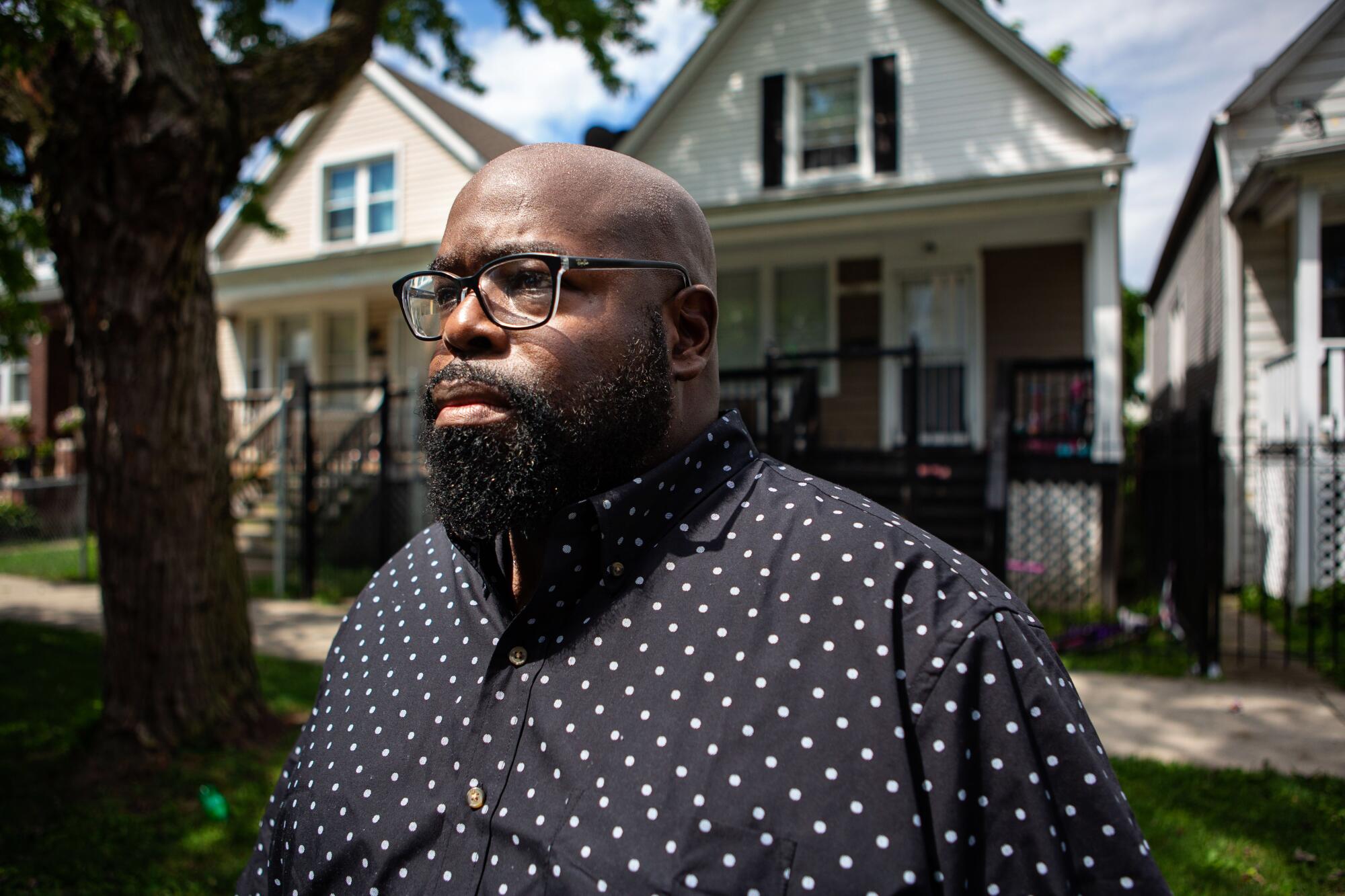
He was talking about President Trump.
In recent days, Trump delivered a speech about violence in American cities, singling out Chicago, saying, “perhaps no citizens have suffered more from the menace of violent crime” before vowing to “immediately surge federal law enforcement” — including agents from the FBI; Bureau of Alcohol, Tobacco, Firearms and Explosives; Drug Enforcement Administration; and Department of Homeland Security — to the city.
The proclamation concerned Price, as well as many other local activists and leaders, whose minds filled with images of militarized federal agents using batons, tear gas and rubber bullets against Black Lives Matter protesters in mostly white Portland, Ore. What would happen here, with agents patrolling the predominantly Black and Latino neighborhoods on Chicago’s south and west sides?
They worry, some locals said, that Trump is using them as a pawn to bolster a tough-on-crime persona with fewer than 100 days remaining until the election.
During the 2016 presidential campaign, Trump called for implementing stop-and-frisk policies in Chicago. (The tactic, which involves aggressively confronting people suspected of committing a crime, was widely used in New York and disproportionately affected Black and Latino men.) Then, in 2017, after Chicago recorded more than 700 homicides the year before, Trump tweeted about the violence.
“If Chicago doesn’t fix the horrible ‘carnage’ going on,” he wrote, “I will send in the Feds!”
Though people disagree on the best way to solve Chicago’s issues, no one denies that it is a city in crisis. Killings have spiraled upward with alarming velocity, and murder, much of it gang-related, is a leading cause of death for young Black men here.
Last week, gunmen opened fire outside a funeral home, injuring 15 people gathered to mourn a man who had himself died in a drive-by shooting. As of mid-July, more than 400 people have been murdered so far this year — a 51% increase from the number of killings this time last year. And shooting incidents are up 47% compared with the same time period last year, surging to more than 1,600.
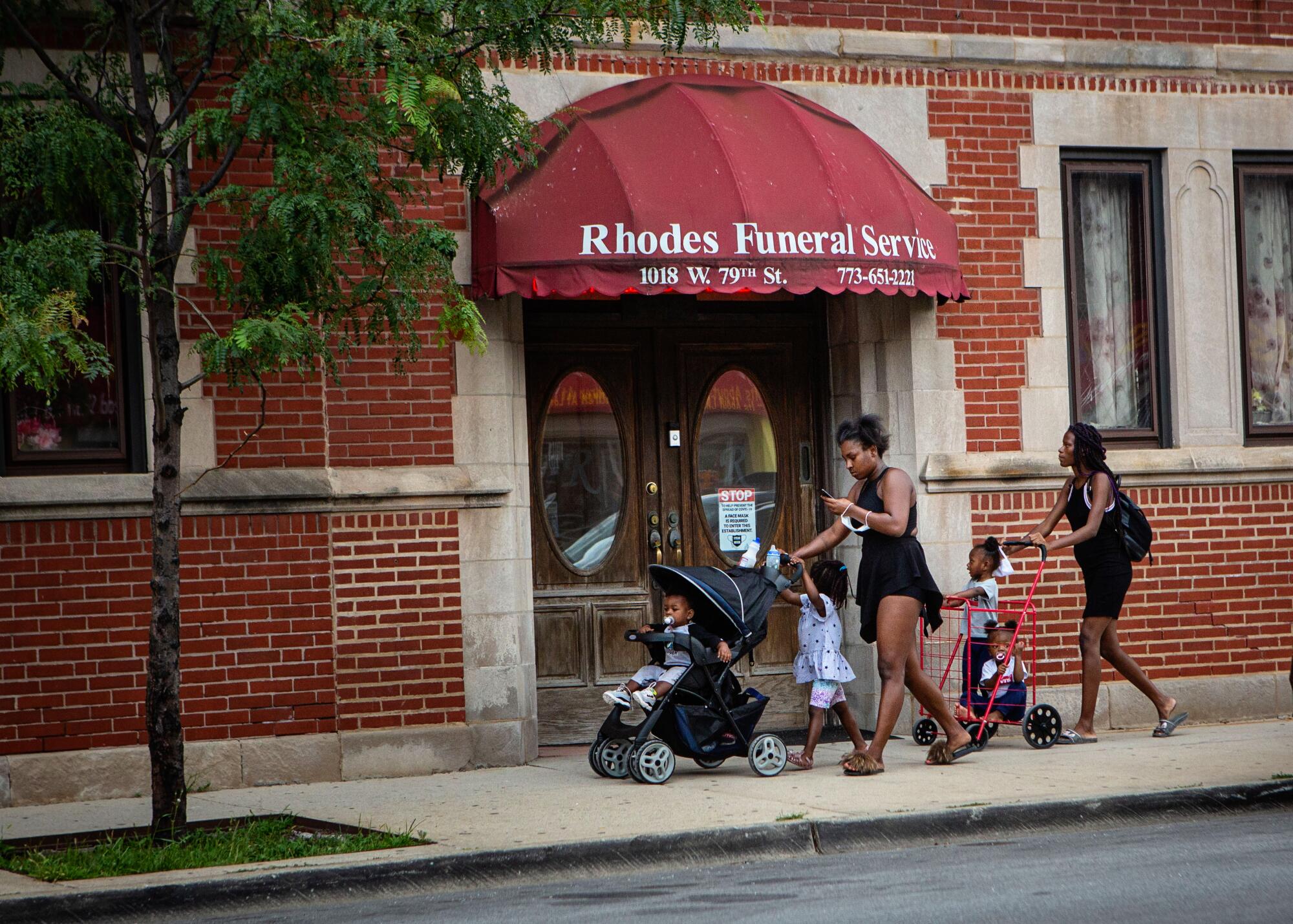
Mayor Lori Lightfoot said in a TV interview that if the federal government wants to help stem violence in her city, it should focus on gun control reforms.
“We are being inundated,” she said, “with guns from states that have virtually no gun control, no background checks, no ban on assault weapons.”
Lightfoot has stressed that the roughly 150 agents coming to Chicago will not be clad in camouflage or guard federal buildings the way they were deployed in Portland, where they are now being withdrawn. Lightfoot said agents in Chicago will team up with local law enforcement as part of an urban crime-fighting strategy.
“These are not troops. Troops are people who come from the military. That’s not what’s coming to Chicago,” she said at a news conference this week. “I’ve drawn a very firm line against that.”
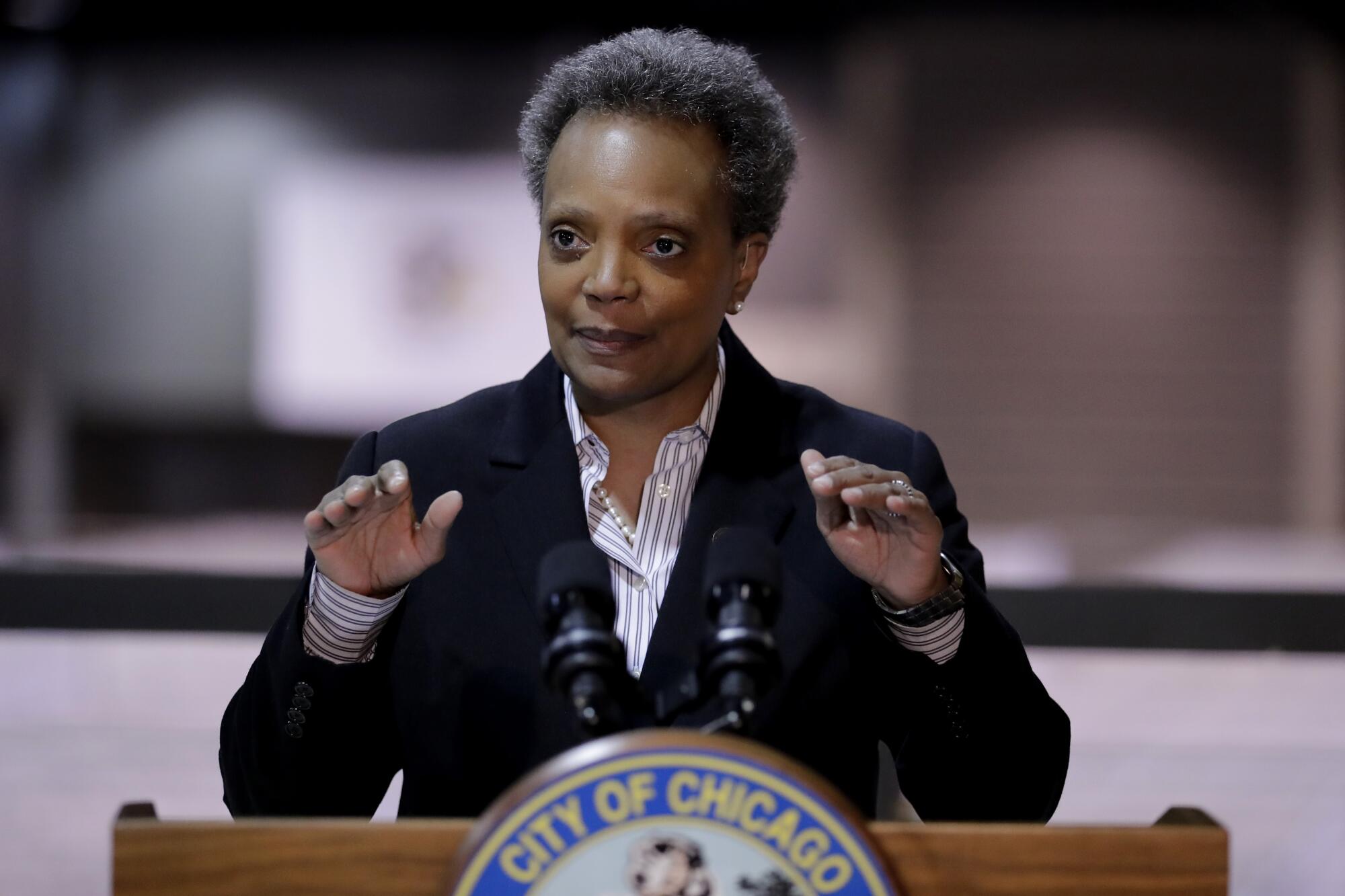
Still, many local politicians and community groups have reservations, including calls by some not to cooperate with federal authorities.
“Trump has repeatedly demonstrated both his callous disregard for Black, Indigenous and immigrant lives,” read an open letter written by Chicago leaders after Trump’s announcement. “We grieve deeply the lives lost to gun violence in Chicago. … Breaking the cycle of violence means that the city must invest in jobs, housing, schools, and healing, not prisons and police.”
“The devastation is real, and it’s lasting.”
— Donovan Price
“We will be watching to see how these new forces will impact Black and brown communities that already are over-policed,” said Colleen Connell, executive director of the American Civil Liberties Union of Illinois.
::
For Price, the redbrick and tree-lined neighborhoods on the South Side — Chatham, Englewood, West Pullman, to name a few — are his roots and his heart.
The predominantly Black area is home to generations of African Americans who left the South during the Great Migration and settled here for factory jobs and the hope of a more equitable future for their families. But decades of racist redlining and disinvestment in local schools have left their mark: 23% of Black Chicago families live below the poverty line — compared with 4% of white families, according to census data.
And now, in a nationwide trend exposing systemic health and social inequities, coronavirus deaths have disproportionately devastated Black people in Chicago. (Data from early in the pandemic showed that 70% of the people in the city who had died of complications from the virus were Black.)
So, if Trump wants to send federal agents, Price said, he should “also send in officials from the Department of Health, the Department of Education, the Department of Housing and Urban Development.”
“Sending in federally armed agents does not address the underlying issues of the violence,” he said. “There are a lot of people lost and hurting.”
While deaths from bullets have plagued the city for decades, Price had an epiphany five years ago when he learned about the killing of 9-year-old Tyshawn Lee, who was lured into a South Side alley and killed execution-style in what prosecutors say was a revenge attack. (Tyshawn’s father, officials said, was affiliated with a gang.)
“That was a boy killed by grown men,” Price said. “He was walking home from school. A child murdered in broad daylight.”
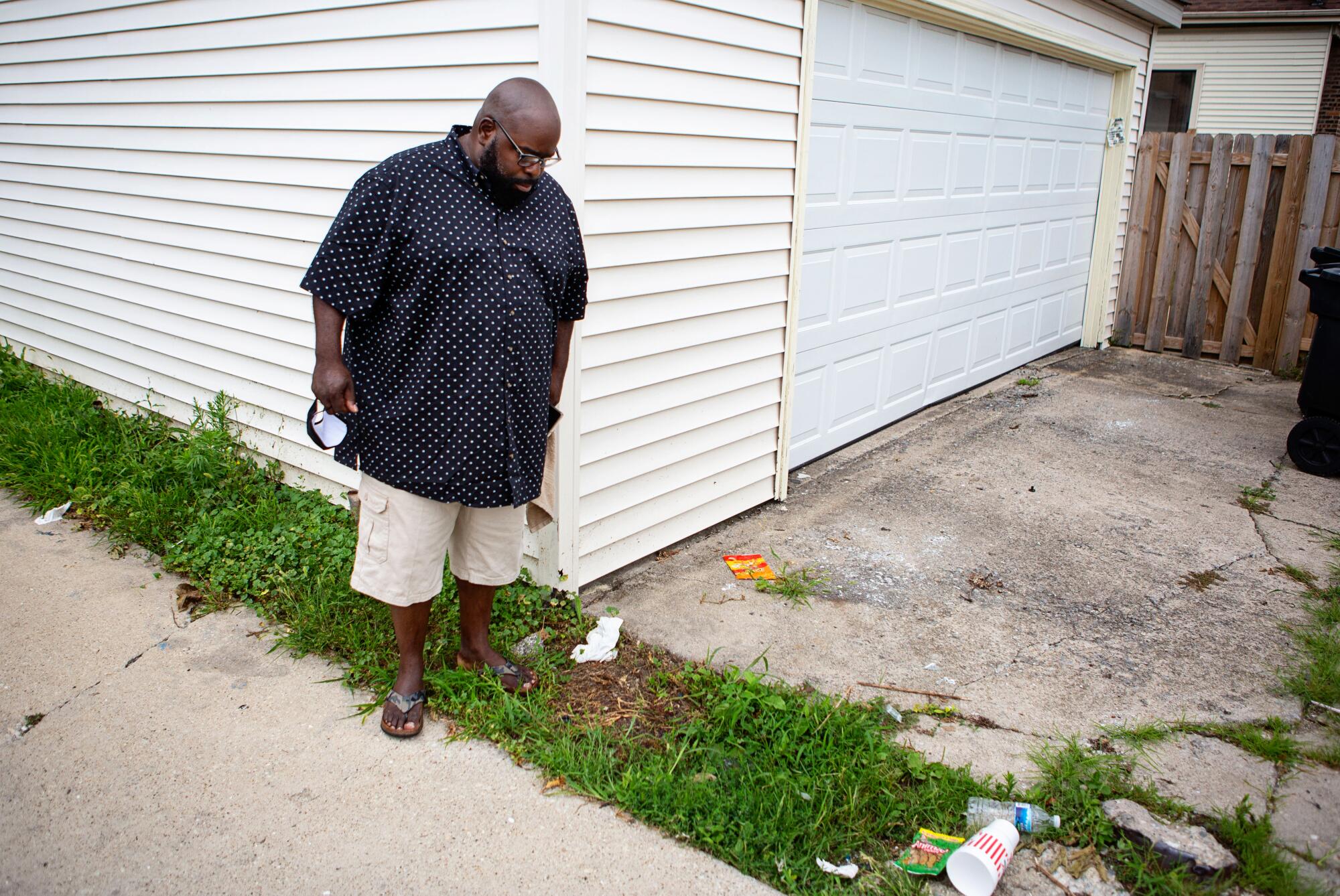
Devastated, Price felt he had to do something.
He started arriving at the scene of shootings, doing his best to console those left with incalculable loss. He knows the piercing cry the instant a mother learns her son has been killed. He has looked into the eyes of young men brandishing firearms, ready for revenge, and he has watched police officers seek answers from a community that distrusts anyone with a badge and a light-blue uniform.
Price is a big man with a steady voice. When he shows up, the pain of death is fresh. He prays silently, inviting others to join him. Sometimes family members accept the offer; other times they take down his contact information and he returns days or weeks later to offer a prayer.
“The devastation is real, and it’s lasting,” he said.
On March 9, 2019, Price, who occasionally listens to police scanner traffic from his neighborhood, heard of a shooting blocks away. He rushed to the scene in his silver Chevy Malibu and learned that a 13-year-old boy, Deon Williams, had been killed.
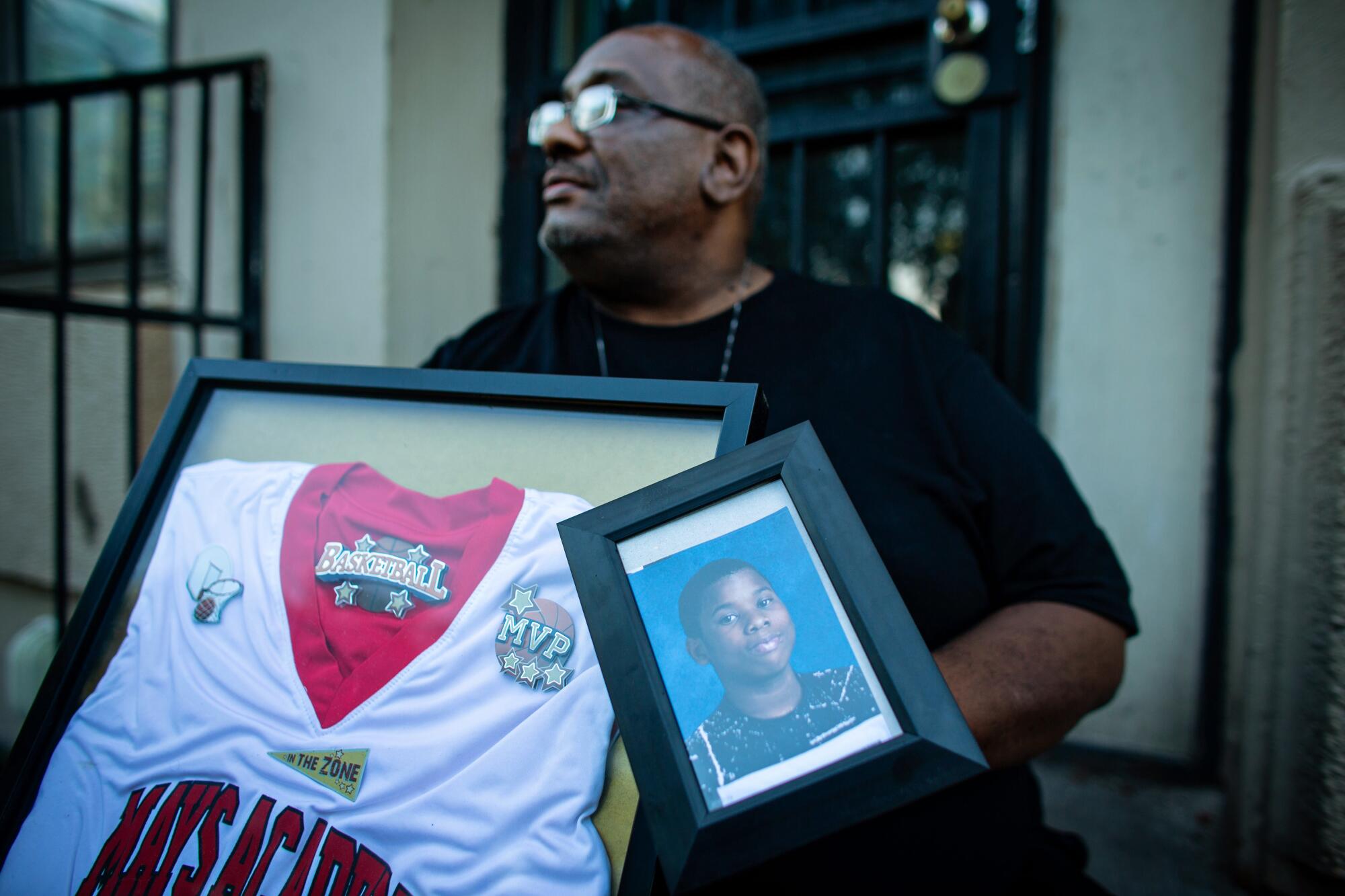
Donald Williams, Deon’s father, can’t escape that day. Williams dropped Deon off at his mother’s house at 2 p.m. after a dental appointment. It was a short drive from his home, he said, and he planned to pick Deon up around 6 p.m.
“He got out the car, and never did I think it would be the last time I would see my son,” Williams said on a recent muggy afternoon from his town home on the South Side.
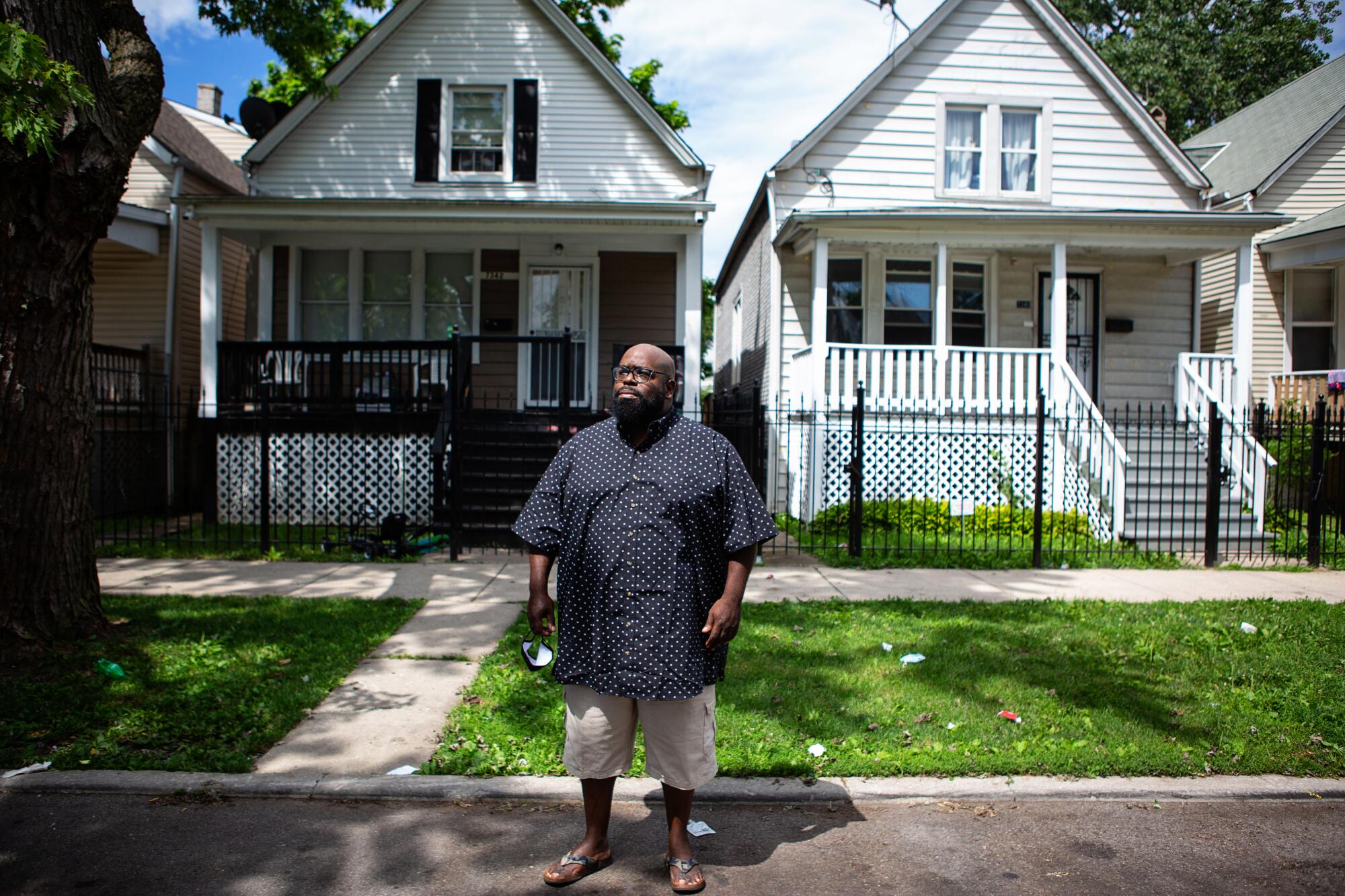
Deon was shot by a 14-year-old boy. Initially it was believed to be an accident, Williams said, but a 10-year-old family member inside the home at the time described it as intentional, according to court records. The boy who killed Deon was sentenced to three years on probation.
“It’s hard to keep living each day,” said Williams, who met Price outside the home that day.
They prayed together and have remained in touch for much of the last year. Williams wants to see local law enforcement commit to getting illegal guns off the street. It’s young people, he said, who get “their hands on these weapons and commit these murders.”
“It starts at the local level,” said Williams, who added that he had concerns about federal agents arriving in the city, especially given what he’s witnessed in Portland.
“White people getting beat up by federal police,” he said. “Just think about what will happen if and when they come to the South Side.”
On Monday evening, after leaving the University of Chicago Medical Center, where the 10-month-old girl remained in critical condition but was expected to survive, Price led his weekly prayer circle in a parking lot of a South Side strip mall. He holds the gatherings on Mondays, he said, because his city is often in dire need of prayer after the weekend. Last weekend three people died and 59 were wounded.
“In the summer, it’s hot, people are outside, and that’s when this violence goes crazy,” he said.
Half a dozen people, some from the mostly white suburbs outside the city, gathered in the parking lot. They stood before a boarded-up beauty supply store and watched as gulls from nearby Lake Michigan circled above the lot eyeing scraps of dried bread on the asphalt. To the north, jutting behind treetops, you could spot the tip of the iconic Willis Tower in downtown.
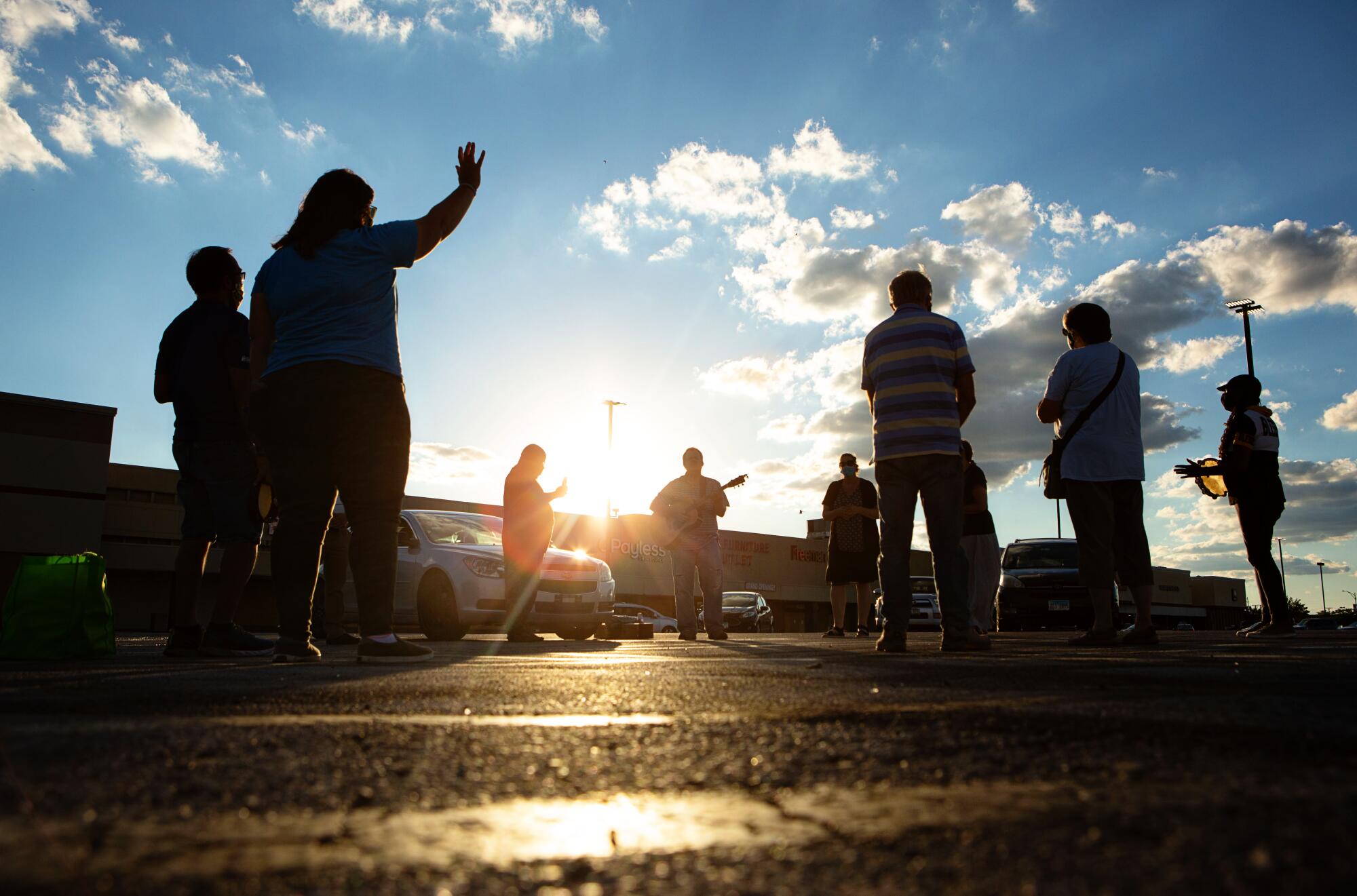
A woman exited the beauty shop after her shift and turned to the crowd.
“What’s all this?” she asked. “I’ve seen y’all before.”
“We’re here to offer prayer for the city, for all of us,” Price said, asking her to join them as he began the service.
“Please, dear Lord, please heal the sick in this city, please heal the weary,” he said, clutching his face mask in his hand. “Dear Lord, we ask for peace in the streets.”
Off in the distance, a siren blared.
More to Read
Start your day right
Sign up for Essential California for news, features and recommendations from the L.A. Times and beyond in your inbox six days a week.
You may occasionally receive promotional content from the Los Angeles Times.
